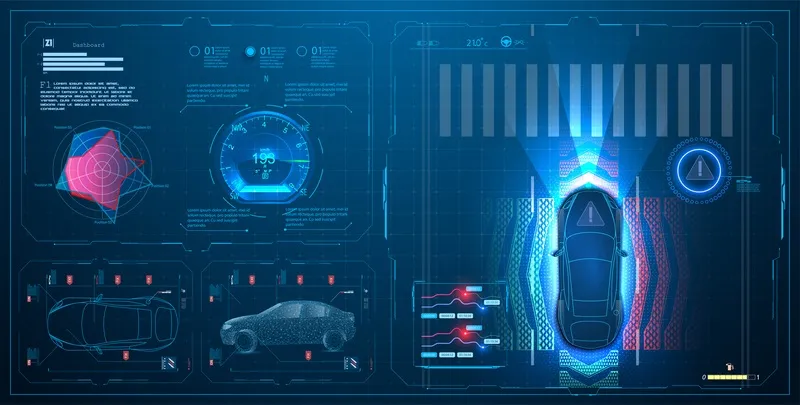
The limits of advanced driver assistance systems (ADAS) is the focus of a new safety initiative by roads campaign group FIA Region I.
“ADAS can contribute to safer roads,” says director general Laurianne Krid.
“However, we need to speed up the harmonisation of these systems, and educate drivers on how to use them.”
The campaign is designed to raise European motorists’ awareness of some of the safety systems which will be mandatory on new cars from May 2022 and on all existing models from May 2024.
“In order to achieve tangible road safety improvements, drivers must understand assistance systems’ functionalities and limitations,” the organisation said in a statement.
“Lane keeping assist, adaptive cruise control (ACC) and autonomous emergency braking (AEB) are good friends, but drivers need to get to know them first,” Krid added.
There are certainly issues with ADAS, FIA Region I points out.
For example: ACC may malfunction on roundabouts, under adverse weather conditions and at low or very high speeds; while AEB systems are designed to detect only cars, which means there may be a problem identifying pedestrians and cyclists.
A soon-to-be released study commissioned by FIA Region I shows that the great majority of drivers are unaware of how to operate ADAS - despite the fact that they are already present in vehicles, and set to be mandatory soon.
The campaign has been translated in 20 languages, and will roll out in Europe, the Middle East, and Africa.









